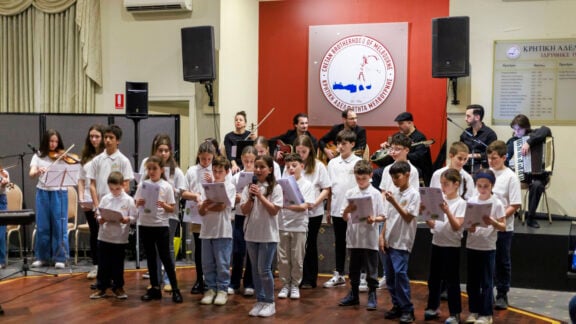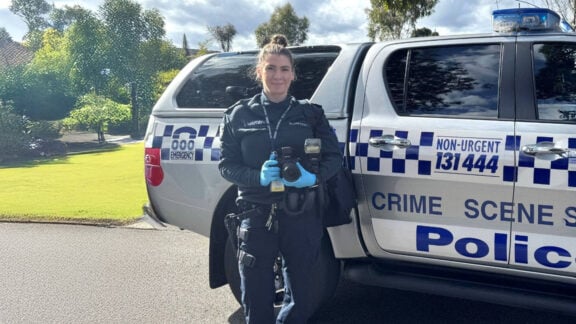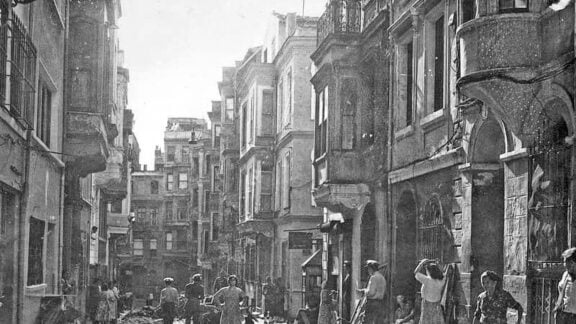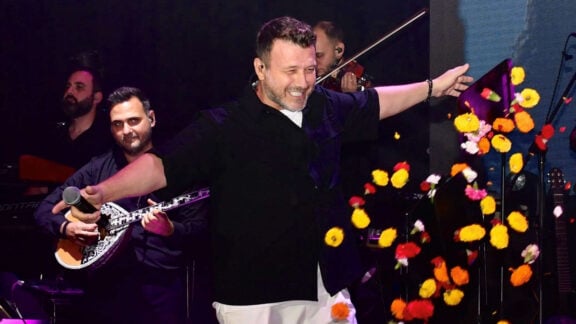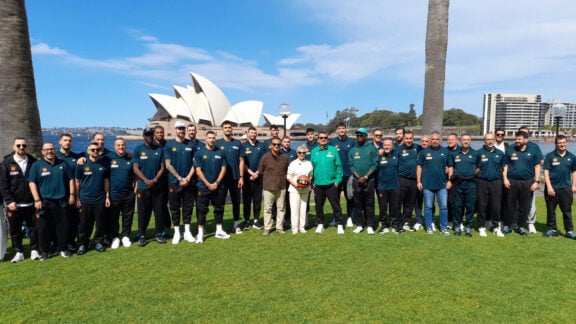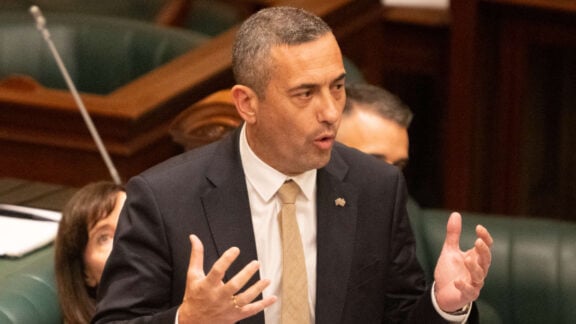Turkey’s President Recep Tayyip Erdogan praised the efforts of Turkey’s National Intelligence Organisation (MIT) on Sunday, 26 July, during the inauguration ceremony of the new intelligence centre in Istanbul.
“In an era where information and using information turned into the most efficient weapon. The importance of intelligence increased very much,” Mr Erdogan said, underpinning the critical role which Turkey’s MIT is playing within the country while announcing that “new initiatives, will increase its contribution to our state much more.”
He said that a country whose intelligence remains in tact cannot be brought down, adding that it “is no coincidence that MIT is among the first institutions being targeted within the historic struggle” which Turkey is currently facing.
Pointing to Istanbul as a privileged geopolitical location for intelligence, the Turkish President said, “Even though centuries have passed since [the city’s] conquest, it is still not accepted that Istanbul is in the hands of Turks and Muslims.”
Mr Erdogan also referred to the conversion of Hagia Sophia museum into a mosque.
“There were those who had a hard time acknowledging Istanbul’s Turkish identity when we opened Hagia Sophia to worship,” he said.
READ MORE: Muslim prayers with a sword at Hagia Sophia as Turkey bans events at Ataturk monuments
“Our aim is to make Istanbul one of the most secure cities.”
Mr Erdogan said that it isn’t easy ensuring security and monitoring all activities within the city. He said that MIT will restrict the “capacity of terrorist organisations to take action” within the country and added that almost 100 Fethullah Terrorist Organisation (FETO) members had been extradited from abroad.
“Our organisation also had importance accomplishments in bringing down the dreams of treacherous FETO members on hiding in Istanbul,” he said.
READ MORE: Hagia Sophia reactions on mosaics, whores and prostitutes
The Fethulah Gulen organisation
The failed 15 July 2016 coup in Turkey has been said to have been linked to the Fethullah Gulen organisation, lead by a Turkish businessman and cleric who lives in Pennsylviania. The group is designated as a terrorist group by Turkey. Mr Gulen has said the coup was a ‘self-coup’ carried out by Mr Erdogan to consolidate his grip on power, a view shared by some political analysts and Turks.
During the coup, over 300 people were killed and more than 2,100 were injured. Many government buildings, including the Turkish Parliament and the Presidential Palace, were bombed from the air. Mass arrests followed, with at least 40,000 people were detained, including at least 10,000 soldiers and, for reasons that remain unclear, 2,745 judges, 15,000 education staff were also suspended and the licenses of 21,000 teachers working at private institutions were revoked after the government stated they were loyal to Gülen. More than 77,000 people have been arrested and over 160,000 fired from their jobs.

